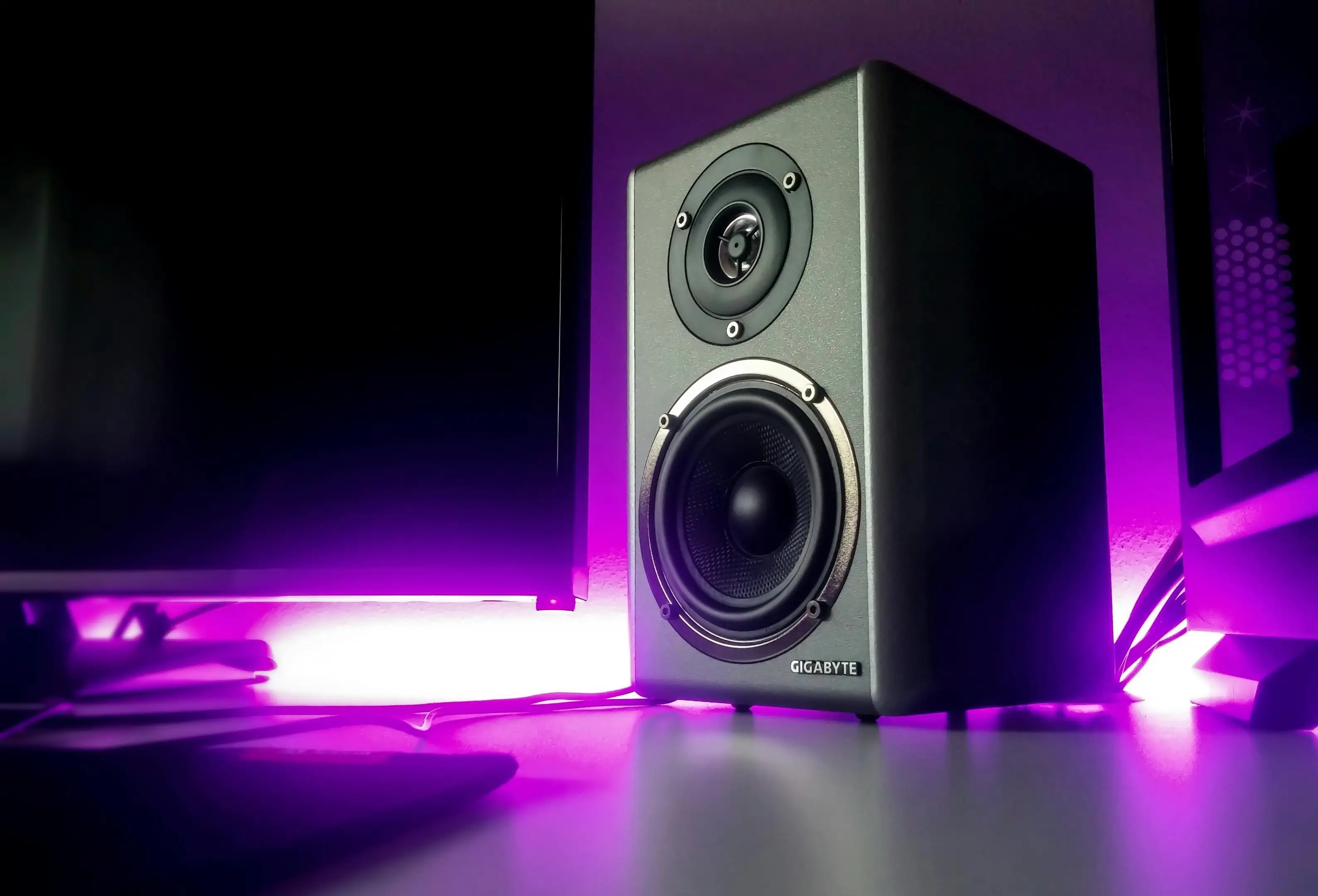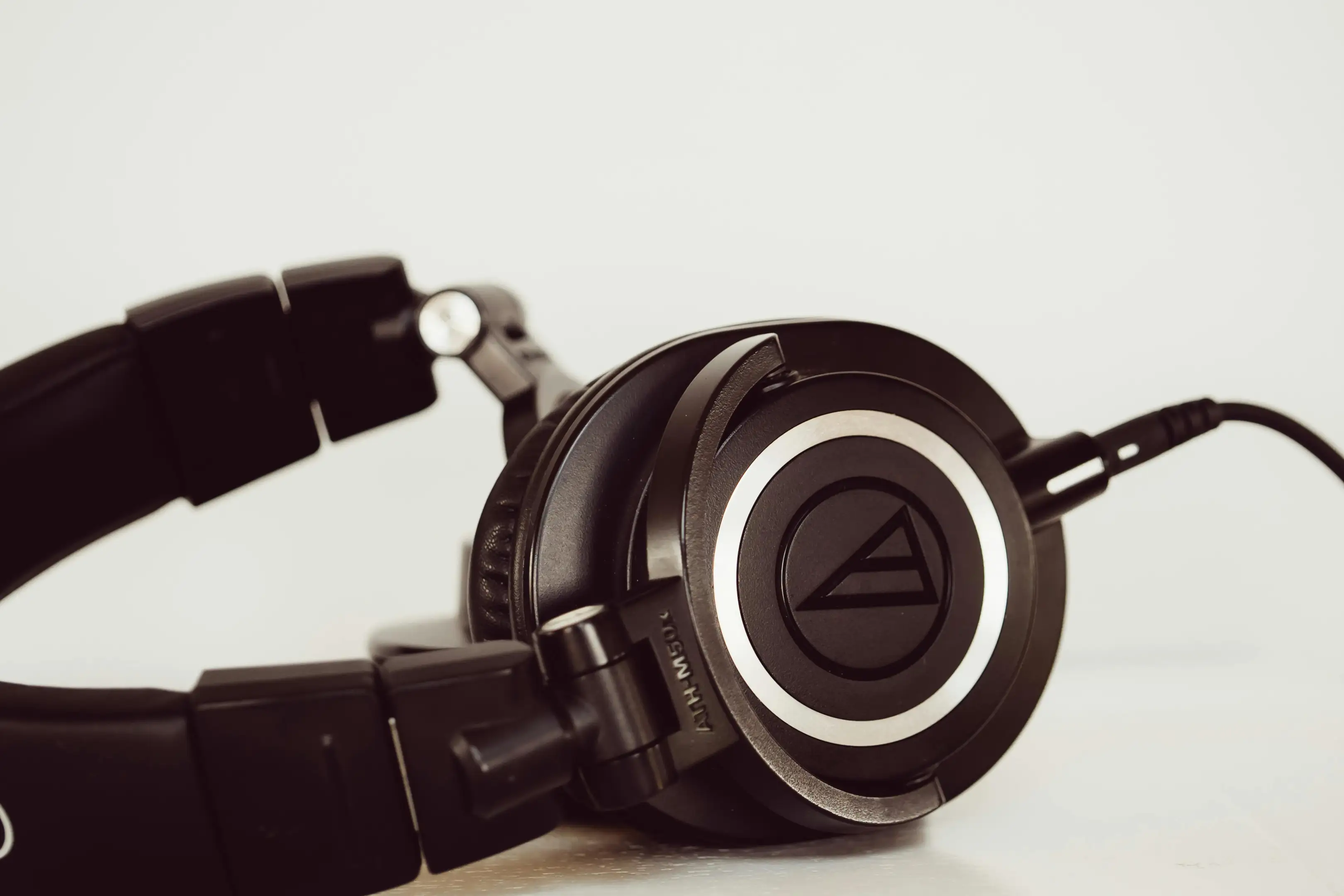Whether you're a musician or an avid listener, you probably come across several different types of audio files on a regular basis. Two of the most common audio formats, especially if you use Apple devices, are MP3 and M4As. While it might not seem like a consequential decision, selecting the right audio file format for your music can majorly affect how its perceived and enjoyed by other listeners.
Below, we'll explain the main similarities and differences between M4A and MP3 audio files. We'll also share some pointers on how to choose between other audio formats so that you can find the right container for your creations.
M4A vs. MP3: Understanding Audio File Formats
MP3 and M4A are both different types of audio formats. Each format has its own set of parameters surrounding audio quality, accessibility, and compatibility across different platforms. Outside of M4A and MP3, you may encounter other audio file formats like WAV, FLAC, and AIFF among others.
In most cases, M4A and MP3 formats are lossy forms of audio, meaning that the audio files are slightly compromised in terms of sound quality in exchange for smaller, more convenient audio sizes. MP3 uses lossy compression exclusively, while some M4A codecs can be used in a lossless digital audio format.
We'll break down the ins and outs behind both MP3 and M4As below so that you can select the appropriate audio file format for your specific audio needs.
What Are MP3 Audio Files?
If you've ever had a portable media player, you've probably heard of the term MP3s. MP3 is short for MPEG-1/2 Audio Layer 3 and is one of the most common audio formats to this day. This format was developed in the 90s, designed to preserve reasonable audio quality while prioritizing convenience and small file size. MP3 files are known for having universal support, and have the added advantage of an adjustable bitrate, much like M4A files.
There are no forms of lossless MP3s. However, due to MP3s smaller file sizes, they are generally easier to stream than comparable, larger M4A audio files.
What Are M4A Audio Files?
M4As are not nearly as widely known as MP3s, but if you're a music lover, there's a big chance you've come across this audio file type at some point in your journey. These files are also known as MPEG-4 and were developed in hopes of delivering the convenience of an MP3 without as much loss of sound quality.
This technology was adapted by Apple, and is still a widely supported format across the ecosystem of iTunes and Mac devices. Apple has a specialized codec for M4A audio files, called ALAC, that is an uncompressed audio format allowing for completely preserved auditory data.
What Is Lossy Compression?
In the world of audio file formats, you'll often hear terms like "lossless" and "lossy". "Lossless" simply refers to audio files that preserve all of the original data. Lossless audio offers a high quality audio experience, but the tradeoff is that those audio files tend to be larger since they hold more data.
Certain file formats use lossy compression, a method where select bits of audio data are sacrificed, in exchange for a more convenient file size and potentially, overall compatibility. In most cases, both MP3s and M4As are created with some level of lossy compression.
M4A Vs. Mp3: What are the Main Differences
Choosing between M4A versus MP3 formats is an important decision that comes down to knowing the main differences between the two file formats.
Bitrate Audio Quality
In both cases, you can select a specific bitrate for M4A or MP3 files. However, M4As tend to preserve more audio data at the same bitrate as a comparable MP3.
Compatibility
MP3s have been around for longer, and hence have universal compatibility. On the other hand, M4As are more recent and therefore might not be compatible on some playback devices.
File Size
MP3s tend to have smaller file sizes than M4As, though M4As tend to be more efficient overall thanks to the AAC codec. This means that M4As can carry on more audio quality data in comparison to MP3s.
Lossless Audio
M4As and MP3s most commonly use lossy compression, meaning that some details in the original sound quality are lost in favor of a smaller and more convenient, compressed audio format. However, M4As with Apple's ALAC codec can provide astonishing sound quality on compatible Apple devices. MP3s do not have the flexibility of the advanced audio coding wrapper, and always assume some level of detail loss.

How Should I Choose Between Different Audio Formats?
You should choose between the different audio formats based on your individual needs regarding intended output, file size, and quality. Taking those factors into consideration alone should help you make an informed decision when deciding between M4As versus MP3s.
M4As might have the upper hand in terms of audio quality and Apple device compatibility, but MP3s are universal and each recording tends to a have smaller audio file size, which can make streaming or transferring potentially easier depending on your application.
Note that there are several other audio formats to choose from though we are focused on M4A vs MP3s in this instance - the best audio format for the job aligns with your preferred level of sound quality, without sacrificing too much file size or inconvenient formatting.
M4A vs. MP3 FAQs
Selecting the appropriate audio format is crucial for preserving the quality and compatibility of your recordings. Check out these commonly asked questions to help you expand your understanding as a musician:
Why M4A is better than MP3?
M4A can use the Apple lossless audio codec (ALAC). This advanced audio coding method preserves more audio data at the same bitrate as comparable MP3s. While both MP3s and M4As use lossy compression, only M4As can use the ALAC codec for lossless audio.
What is the best audio format for sound quality?
M4A files have better audio quality than MP3 files. However, if you want higher audio quality, lossless audio formats like WAV, FLAC, ALAC, and AIFF are the way to go depending on your intended application.
Is MP3 or M4A better quality?
M4A offers better sound quality at the same bitrate as comparable MP3 files. The audio data in the M4A output format is more detailed, though it has a larger file size than MP3 audio.
Should I convert M4A to MP3?
In some cases, you may need to convert M4A to MP3 since M4A tends to be more specialized whereas MP3 is fairly universal. Generally, M4A is preferred in terms of superior audio quality. However, MP3 files tend to take up less storage, which might be more convenient depending on your situation.

Understanding the differences between audio formats like M4A and MP3 is essential for any recording musician and audio engineer. Hopefully, this guide gave you a better understanding about these two audio types so that you can use them appropriately as an artist. For more information on wav files and other file types, check out our ultimate guide on audio file formats here .





